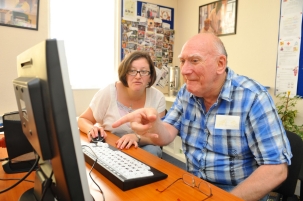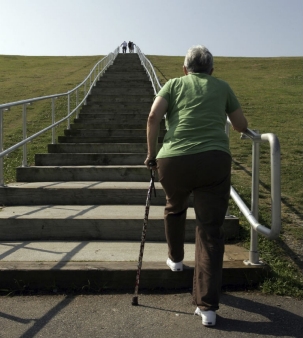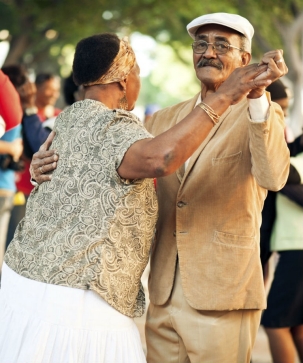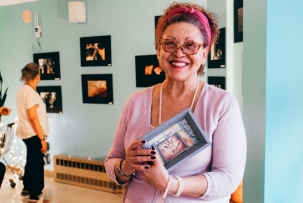2016-2021
- Role: Principal Investigator for Quebec
- Principal investigator for France:
- Loïc Trabut, Institut national d’études démographiques (INED)
- Co-investigators:
- Anne-Marie Séguin, Centre Urbanisation-Culture-Société, Institut national de la recherche scientifique
- Yves Carrière, Département de démographie, Université de Montréal
- Marianne Kempeneers, Département de sociologie, Université de Montréal
- Isabelle Van Pevenage, Département de sociologie, Université de Montréal et CREGÉS
- Maude Benoit, Département de science politique, Université du Québec à Montréal
- Joëlle Gaymu, Institut national d’études démographiques
- Eva Lelièvre, Institut national d’études démographiques
- Rémi Gallou, Caisse nationale d’assurance vieillesse
- Catherine Bonvalet, Institut national d’études démographiques
Granting agencies: Fonds de recherche du Québec – Société et Culture (FRQSC), and Agence nationale de recherche (ANR), France, $ 567,000
Partout en Europe et au Canada, la population âgée va fortement augmenter dans l’avenir. Cette population est hétérogène sur les plans social (inégalités socio-économiques), familial (réseaux différenciés d’aidants potentiels) et culturel (effet des dynamiques migratoires). Cette hétérogénéité se traduit par des disparités territoriales importantes au sein de chaque ensemble national. Dès lors, les services dans leurs diverses dimensions et les formes que prend le soutien des proches sont forcément modulés par ces contextes locaux. En conséquence, l’adaptation de ces services à une population locale soulève des enjeux importants d’équité horizontale puisque les politiques nationales visent habituellement à offrir des services similaires sur l’ensemble du territoire.
Le projet de recherche Personnes âgées et solidarités locales (PASOLO) est un projet France-Québec, dirigé au Québec par Patrik Marier, et en France par Loïc Trabut. Ce projet regroupe une équipe multidisciplinaire de 11 chercheurs, dont 6 provenant de 4 universités québécoises (Université Concordia, Institut national de la recherche scientifique, Université de Montréal et Université du Québec à Montréal) et 5 provenant de 2 institutions françaises (Institut national d’études démographiques et Caisse nationale d’assurance vieillesse).
Il a pour objectif d’étudier et de comparer la façon dont les politiques françaises et québécoises à l’égard des personnes âgées, et plus spécifiquement les services sociaux et médico-sociaux, tiennent compte des spécificités locales. Il s’agit donc pour nous de reconstruire l’évolution démographique, sociale et migratoire d’un certain nombre de territoires, ainsi que la transformation des politiques qui accompagnent ces changements, au plan local et national, en particulier au cours de la période 1995-2015. Ainsi, nous avons sélectionné des territoires québécois différenciés, comparables à autant de territoires en France. Il s’agira en quelque sorte de reconstituer une « biographie » multidimensionnelle des territoires.









